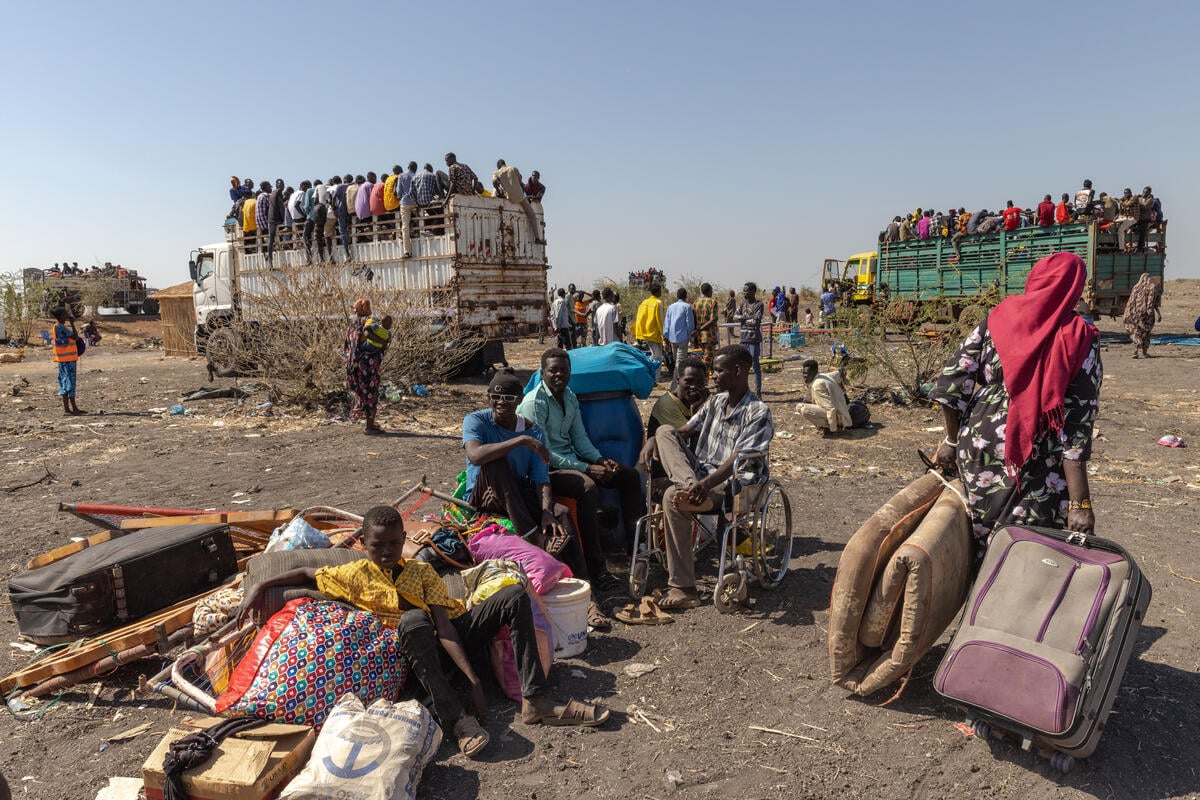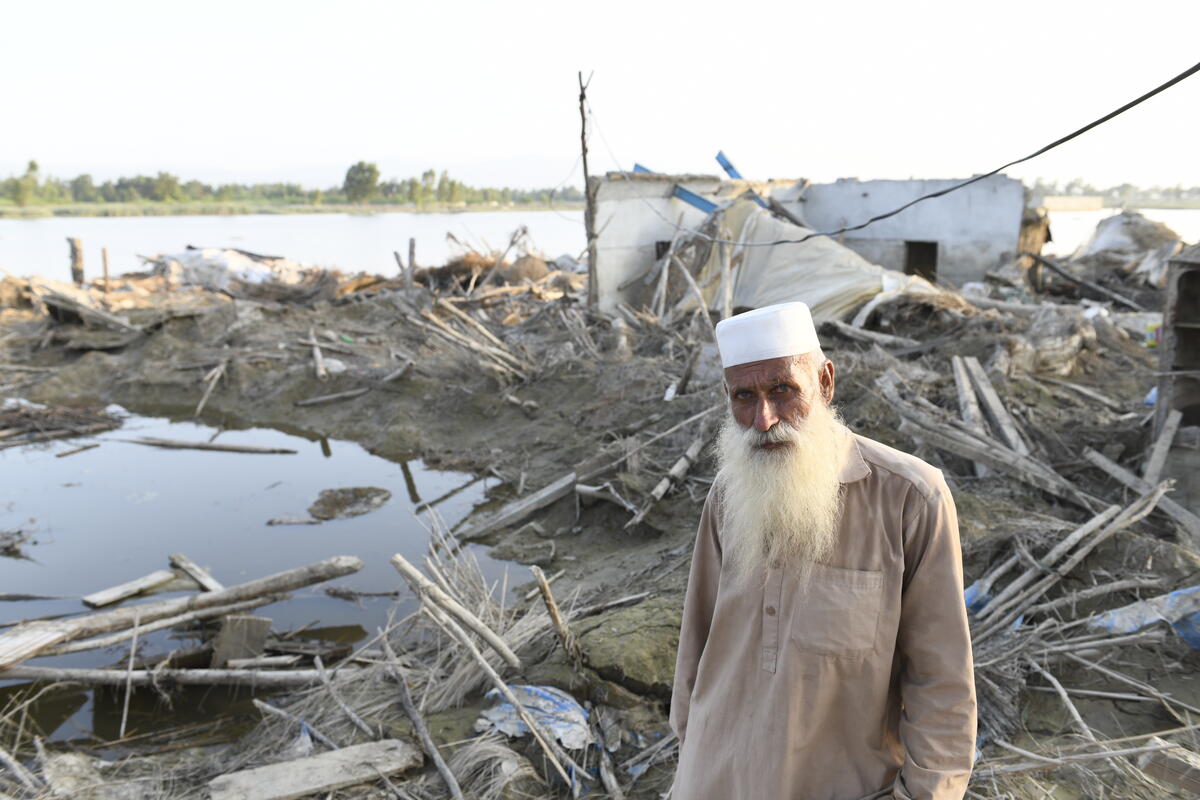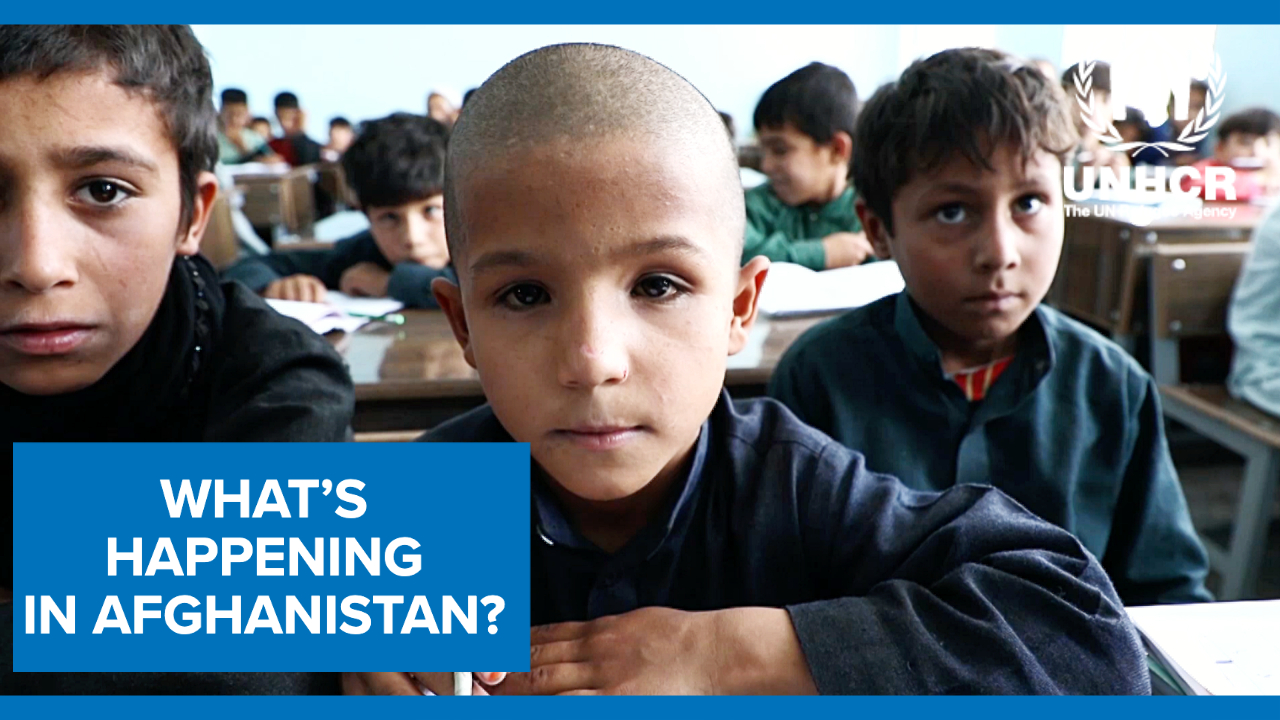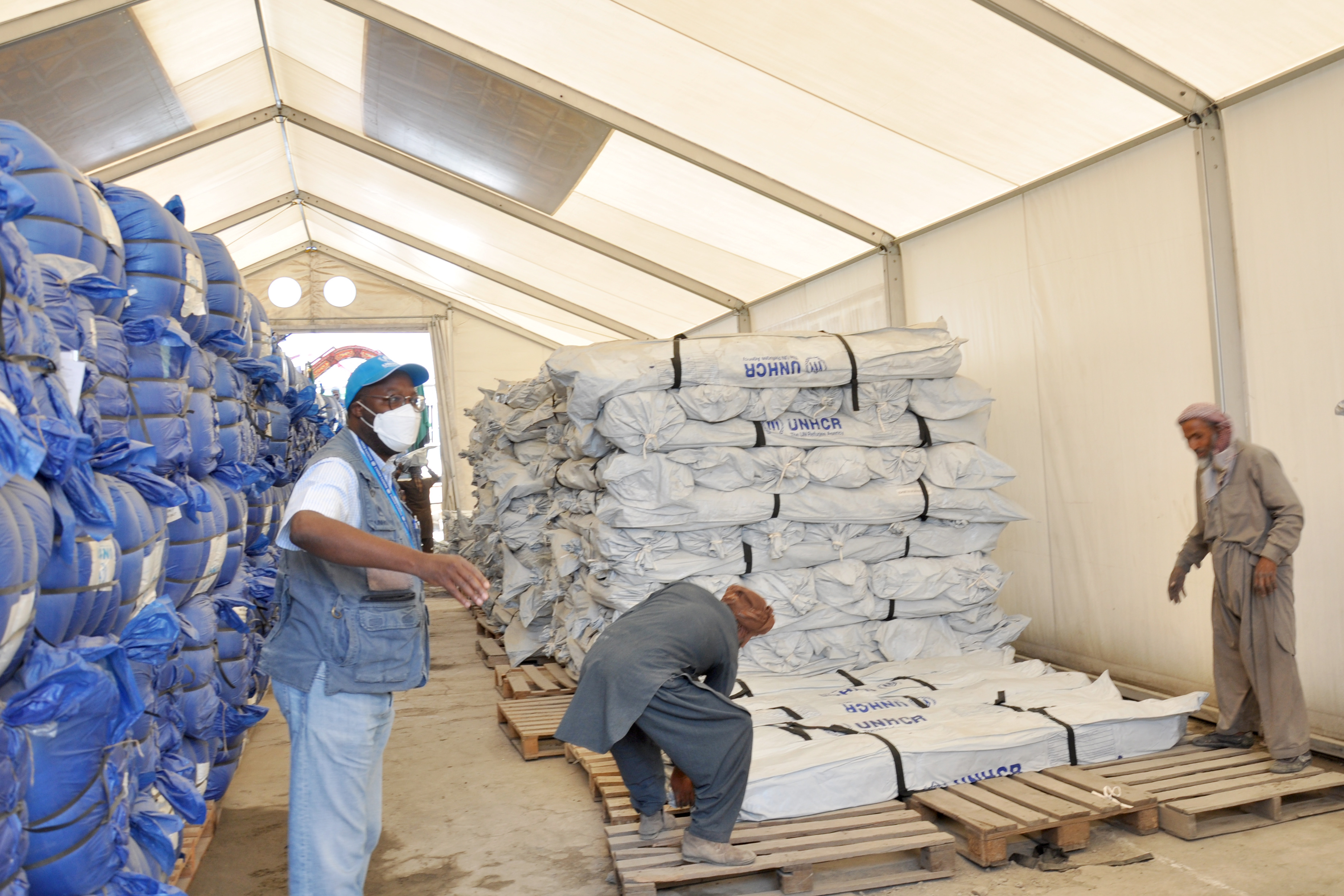One million Afghans return home from Iran
One million Afghans return home from Iran
2nd September 2004
TEHRAN/GENEVA - One million Afghan refugees have returned home from Iran since the United Nations refugee agency started its voluntary repatriation programme in April 2002. This reduces by half the overall Afghan refugee population in Iran, which now stands at around one million.
High Commissioner for Refugees Ruud Lubbers welcomed the news as a positive step for Afghanistan, and a milestone for UNHCR's work in the region. "For over two years now, UNHCR has been strongly committed to the reconstruction of Afghanistan. Rebuilding a country after years of war is a long and difficult process, and I remain concerned at the deterioration in the security situation in some regions. But today gives us all the opportunity to take stock of how much has been accomplished already. One million Afghans have been able to repatriate from Iran, and behind this figure there are one million individual stories, one million people who made the choice to go back, and are now rebuilding not just their own lives, but also their homeland."
This millionth return comes towards the end of a summer season that has seen a marked increase in the repatriation trend from Iran to Afghanistan. In recent weeks, up to 4,000 Afghans a day have made the journey back home. This rise in the number of returns follows the introduction of a series of new measures implemented by UNHCR to facilitate voluntary repatriation.
"Many Afghan refugees in Iran are very educated, they have professional skills that are essential to the future of Afghanistan," said UNHCR Representative in Iran Philippe Lavanchy. "Every teacher who goes back will teach hundreds of Afghan children to read, every doctor will save lives, all will be an integral part of the reconstruction of Afghanistan. This is why the team here has made it a priority to help refugees who want to repatriate by removing some of the obstacles that stood in their path."
The measures put in place by UNHCR over the past year cover a wide range of issues of concern to refugees, from the logistical to the educational. UNHCR has doubled the number of trucks with accompanying baggage leaving on each convoy, allowing refugees to take more of their personal belongings home. This extra allowance acts as a boost to reintegration inside Afghanistan, where furniture and other consumer goods are in short supply in many parts of the country.
UNHCR is also running an information campaign to let refugees know their entitlements under the voluntary repatriation programme. Benefits include free travel to Afghanistan, as well as a cash grant and funds to purchase food upon arrival. Returning refugees are also integrated into local assistance programmes. Earlier this year, UNHCR arranged for Afghan community leaders from Bamyan province to visit Iran, meet with the refugees, and answer their questions about life in today's Afghanistan.
Another UNHCR initiative was to set up "dispute settlement committees" in seven Iranian cities to help refugees resolve their legal disputes before repatriating. The committees deal with civil cases only, and use mediation and arbitration to resolve such issues as non-payment of salary, or refusal to return rental deposits. Often, the sums involved are all the savings that the refugees can rely on to start a new life back in their homeland.
If the current repatriation trend continues, UNHCR estimates that another 200,000 Afghans will have repatriated from Iran by the time the voluntary repatriation programme is scheduled to end in March 2005. This will leave around 800,000 Afghans in the country, and the refugee agency is working with the Iranian authorities to find long-term solutions for some of this remaining caseload.









